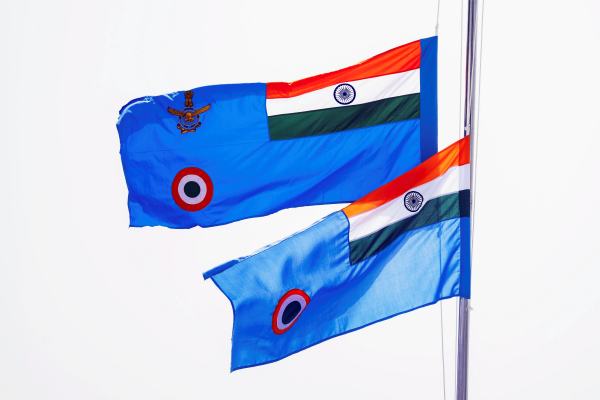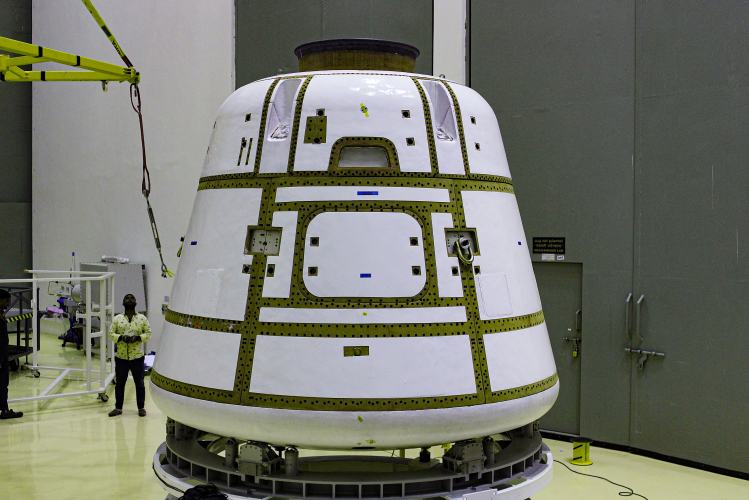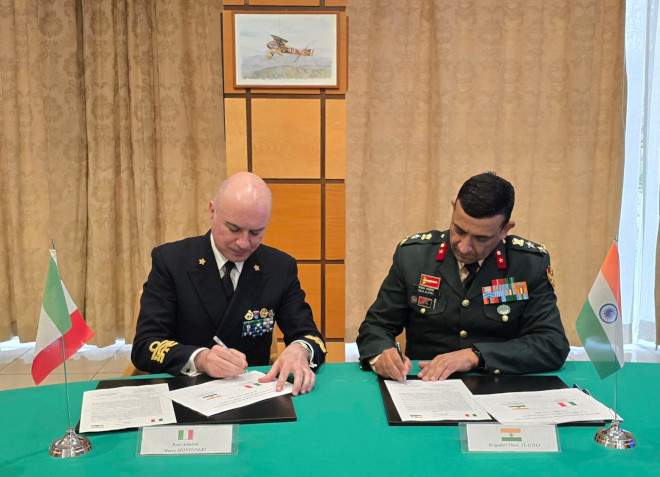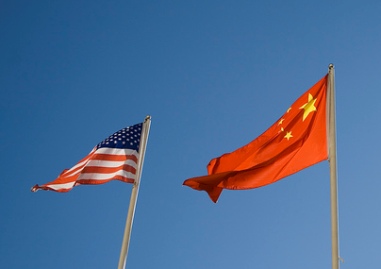
NEW DELHI (PTI): The leadership in the armed forces would have to understand that "we need to always anticipate the change" in character of warfare rather than reacting to it after it happens, IAF chief Air Chief Marshal V R Chaudhari has said.
In his address at an event here on Tuesday, he also said the Indian Air Force's vision for its centenary decade is to keep pace with technology development and work towards increasing its operational capabilities.
He was speaking at India Defence Conclave 2023 hosted by Bharat Shakti, held days after the 91st anniversary of the IAF.
"As we march into our centenary decade, I think it is apt for me to put forth what is the vision for the Indian Air Force in the next 10 years or so," the IAF chief said.
"Very clearly, our new doctrine has articulated the vision of the air force to be an agile and adaptable air force that provides decisive aerospace power in furtherance of our national interests," he said.
The vision of the Air Force hinges on four pillars, firstly capability development, technology assimilation, HR management and training, and of course, jointness and integration, he said.
Air Chief Marshal Chaudhari outlined the vision of the IAF in a PowerPoint presentation titled 'IAF's Vision for the Centenary Decade'.
Capability development involves identification of future risks and constraints, especially in the context of ever-changing geopolitical situation, global situation, he said.
The kind of upheavals being seen across the globe, it has given rise to "continuously reassess our capabilities, whether we need to be equip and train for a short and swift war or we need to equip and train for a protracted conflict. Which part of the country or the globe is going to be affected next, is something that we need to keep analysing all the time," the IAF chief said.
The existing structure and resources need to be constantly restructured, keeping in in mind the changing character of warfare, he said.
"And, it is for us, the leadership in the armed forces, to understand that we need to always anticipate the change in character of warfare rather than reacting to it after it happens," he added.
For this, we need to understand, assimilate and absorb the newest technology that are available to us. Our doctrine has also very clearly spelt out that we are shifting from being merely a threat-based and demanded force to a capability-demanded force, he said.
The IAF chief used the acronym 'ABCD' for steps needed for capability development -- 'Acquire', 'Boost', 'Conserve' and 'Develop'.
This means acquiring news platforms, boosting capability of existing platforms, conserving ageing platforms, and development and R&D of new platforms and capabilities, Air Chief Marshal Chaudhari said.
The programme was also attended by defence attaches from various embassies an and many representatives from the defence industry.
The focus will always remain on Make in India, Atmanibharta, joint venture, transfer of technology, he said.
In his address, he also spoke about the latest induction of C-295 aircraft, and IAF's plan to procure additional batch of 97 Tejas Mark-1A aircraft besides upgrading 84 Sukhoi-30MKI jets.
"The C-295 project will involve 125 MSMEs spanning seven states, and expected to generate a little over 40 lakh man hours of work. And, 96 per cent of these man hours work will be undertaken in India," he said.
The Indian Air Force was officially established on October 8, 1932. In view of its professional efficiency and achievements during World War II, the force was bestowed with the prefix "Royal" in March 1945. So, it became the Royal Indian Air Force (RIAF).
In 1950, the IAF dropped its "Royal" prefix and amended the ensign as India became a Republic.
In his address, the IAF chief also underlined that "we need to incorporate disruptive technologies in our indiction, it will play a critical role in future conflicts".
"We have to now seriously look at how some of these niche technologies can quickly be assimilated and put into military use, and how will they enhance our operational capabilities," he added.
Air Chief Marshal Chaudhari emphasised that as technology takes small steps, "we also need to equally match up as to how best it can enhance our operational capabilities".
"The IAF's vision for next 10-odd years will be to keep pace with technology development, to understand and educate ourselves as to how best these technologies can be adopted to enhance our operational efficiencies," he added.
Some of the speakers in their addresses alluded to the ongoing Israel-Hamas conflict as well.
 Previous Article
Previous Article Next Article
Next Article












The Indian Air Force, in its flight trials evaluation report submitted before the Defence Ministry l..
view articleAn insight into the Medium Multi-Role Combat Aircraft competition...
view articleSky enthusiasts can now spot the International Space Station (ISS) commanded by Indian-American astr..
view article